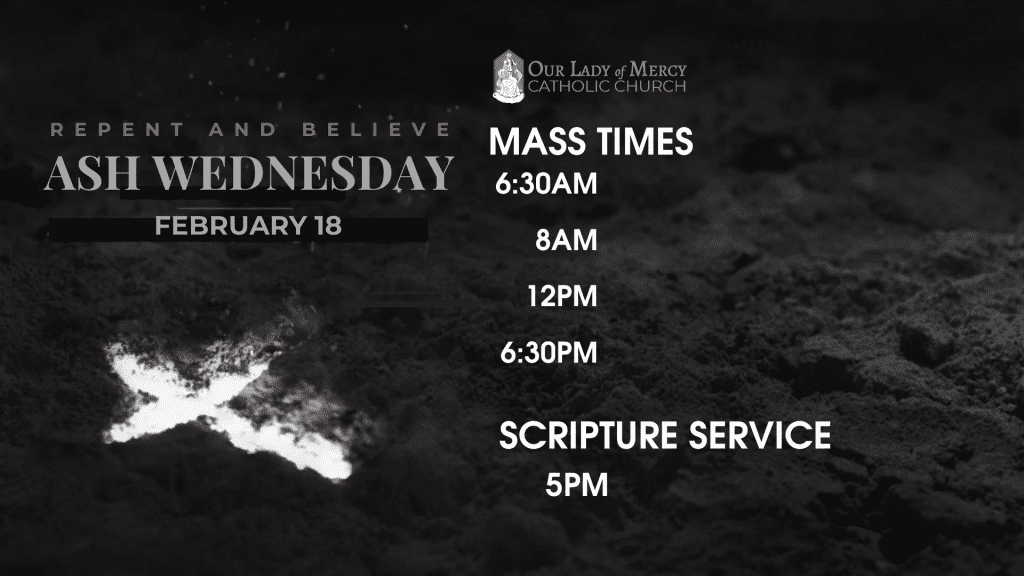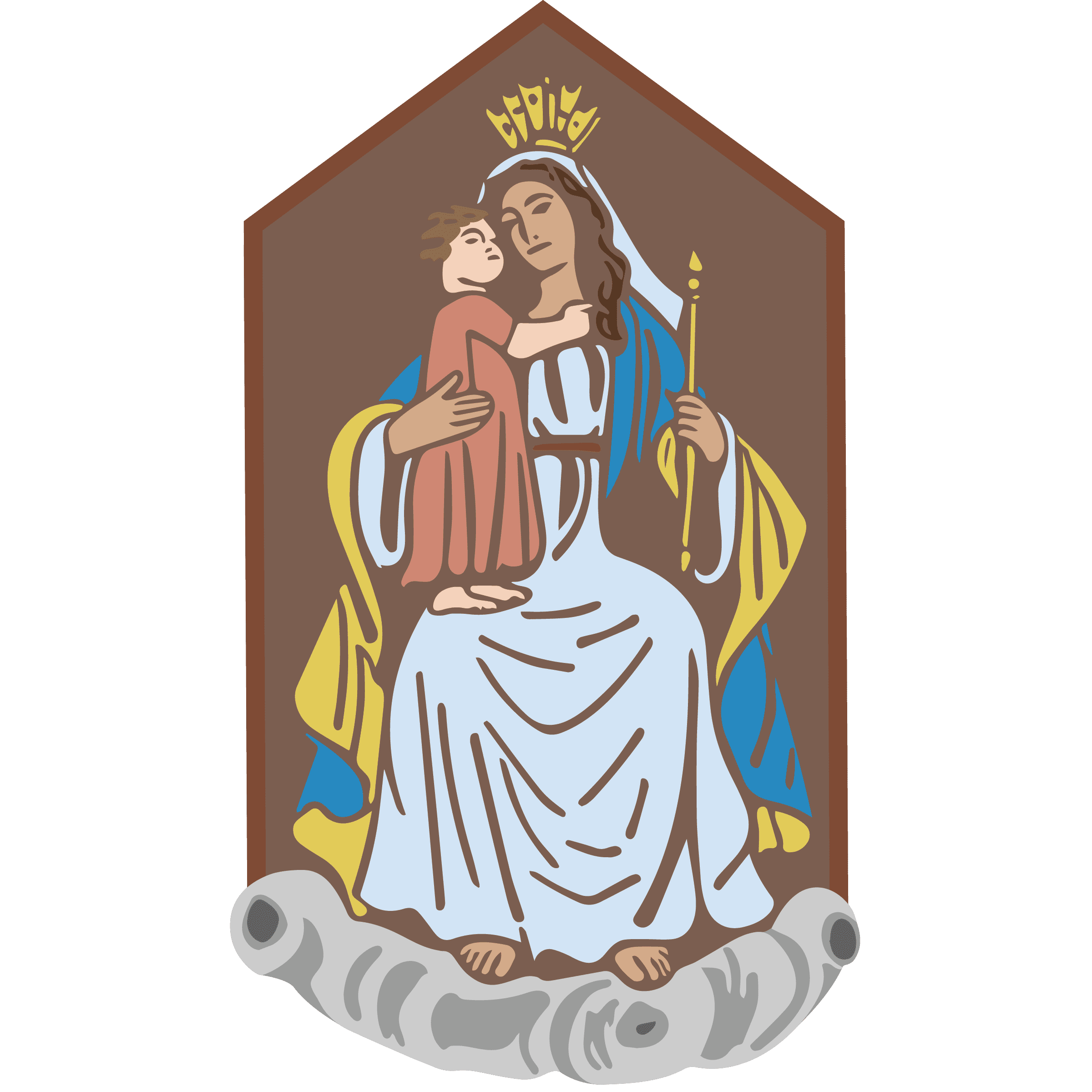Mass Times
The Mass is the great encounter with Jesus Christ.
Bishop Baron

Guidelines for Receiving Holy Communion
The Church gives us some guidelines for the reception of Holy Communion to help us approach the sacrament reverently.
The Eucharist is a communion with Christ and with His Body, the Church. It is a statement of faith in the Real Presence of Jesus in the Eucharist and of unity with the entire Catholic Church. Outside of the unbroken succession of authority from the Apostles to today’s bishops (apostolic succession), there is no priesthood; and without the priesthood, there is no valid Eucharist. Therefore, the bread and wine received in Protestant ecclesial communities is not the Body and Blood of Jesus.
Because of these differences, only a baptized member of the Catholic Church who believes in the Real Presence of Christ in the Eucharist may receive Holy Communion; and a Catholic must not receive communion in a Protestant service.
The Eucharist as a sign of the real unity of the Church—including all Christians who are not in full communion with the Catholic Church—reminds us to pray earnestly that God would heal the divisions among believers.
We should not receive the Eucharist if we are conscious of having committed a mortal sin. All mortal sins must be confessed in the Sacrament of Reconciliation before receiving the Eucharist.
We must fast for at least one hour from food and drink (with the exceptions of water and medicine) before receiving the Eucharist.
The faithful may receive Holy Communion a maximum of two times in one day, but only if the second reception takes place during a Mass. (The exception to this is in the case of the Eucharist given as Viaticum to a person in danger of death, which may be received at any time.)
Eucharistic Adoration
Click the buttons below to learn more about Eucharistic Adoration at Our Lady of Mercy.
Reconciliation Resources
The Sacrament of Reconciliation can feel uncomfortable—it’s natural to feel that way when opening your heart and confessing your sins. But that very discomfort is part of the journey to profound healing and grace. When you leave the confessional, you experience the peace and joy that come from unburdening your heart to Jesus through the priest.
To support you in this beautiful sacrament, we’ve gathered a variety of resources on our Reconciliation page, including:
- Appointment Request Form
- Examinations of Conscience tailored for children, teens, single adults, married adults, and available in Spanish
- Interactive Examination of Conscience
- Guides on How to Make a Good Confession and How to Make an Act of Perfect Contrition
- Prayers Before and After Confession
- Reflections on Confession and Repentance
- Videos like Overcoming the Fear of Going to Confession and Why Do Catholics Confess Their Sins to a Priest?
- Insights on the Five Benefits of Frequent Confession
- Inspiring homilies by Fr. Michael Kearney on the beauty of this sacrament
No matter where you are on your spiritual journey, there’s a resource here to guide you. Visit our Reconciliation page and find the support you need to embrace this life-changing sacrament.

